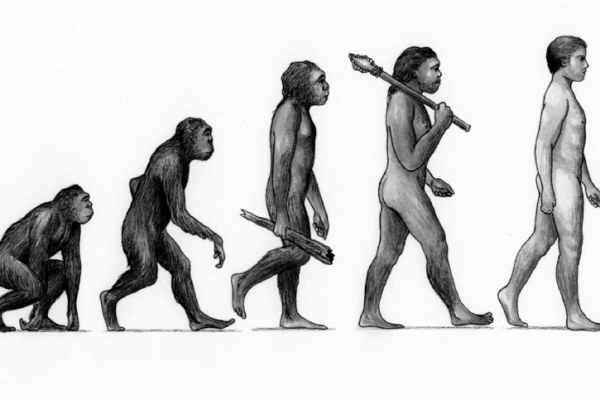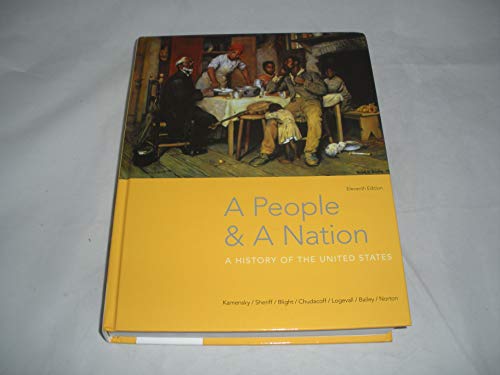
The Interplay of Individual, Society, State, and System: An Analytical Perspective
In the intricate tapestry of human civilization, the concepts of the individual, society, state, and system intertwine to shape our collective existence. Society, an ancient and natural institution, forms the bedrock of human interactions, while the state, a more modern construct, organizes and governs these interactions through laws and regulations. As humanity evolved, so did the complexities of these institutions, leading to a constant quest for balance and harmony. This article delves into the emergence and necessity of both society and state, the formation and adherence to value systems, and the modern-day challenges of achieving intellectual and practical unity between the individual, society, and state. By examining historical and contemporary perspectives, we seek to understand how these institutions can collectively ensure personal development and societal stability.
















